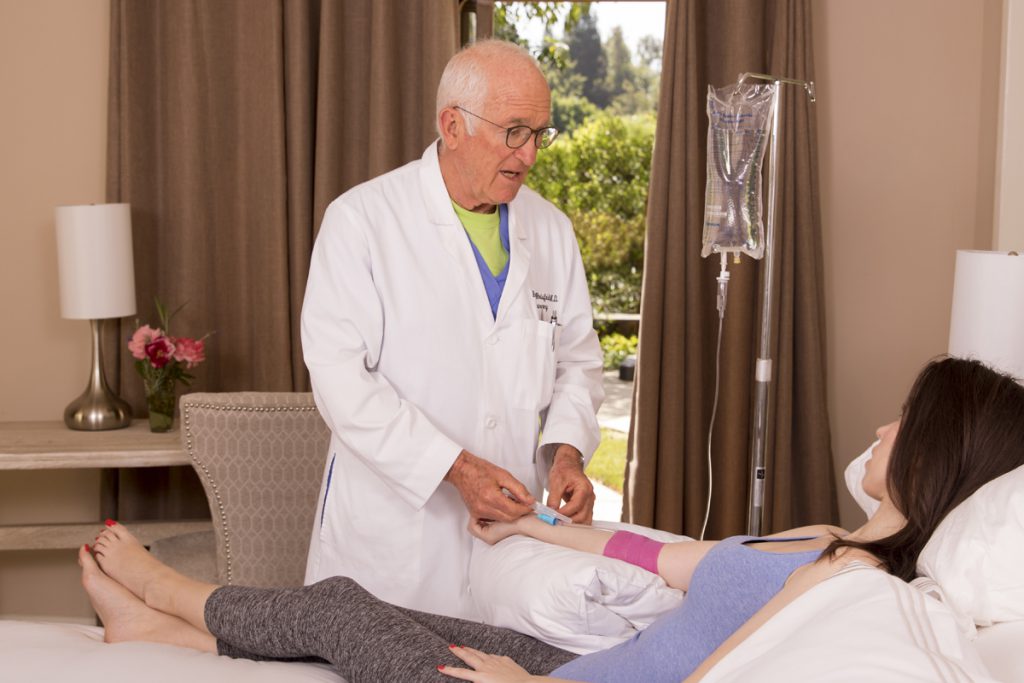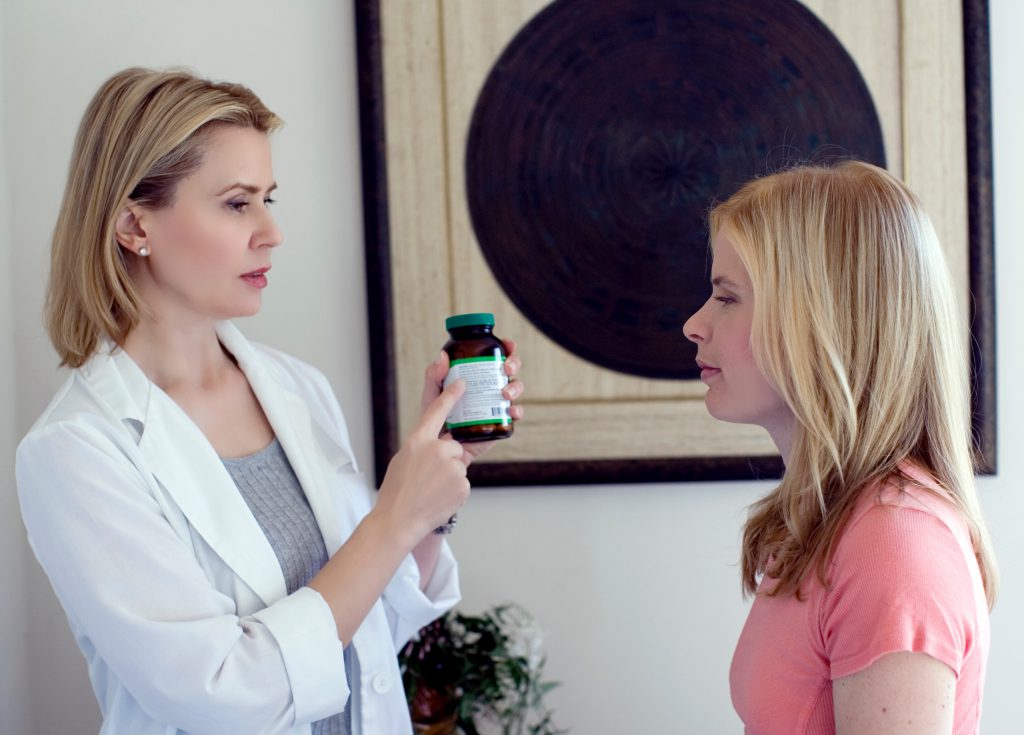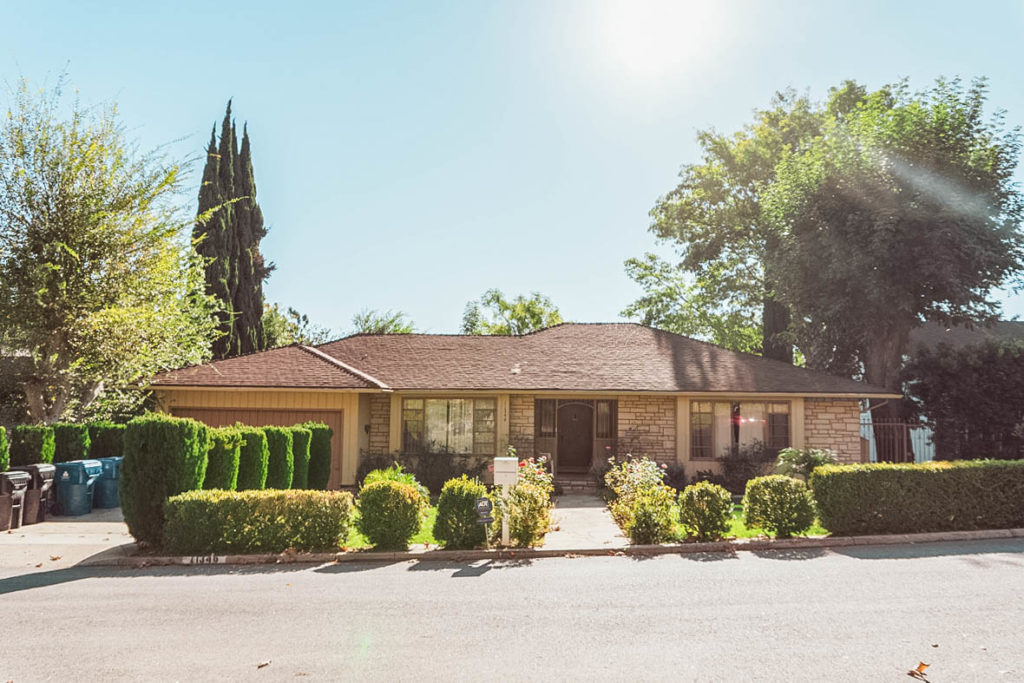Alcohol, or ethanol, is one of the most abused substances among people in addiction treatment. Nearly 70% of people in recovery underwent treatment for a drinking problem, and a surprising 52.87% of those who responded sought treatment for alcohol abuse more than for any other substance. Regardless of how many abused substances exist, alcohol is the most pervasive. Many people can drink alcohol socially and never develop a problem, but there are others who develop an addiction all too easily.
Alcohol Detox
A professionally administered alcohol detox is often the best option for people struggling with alcohol addiction. This is a service in which medication is used to mimic the effects of alcohol. Doses are administered by a trained caregiver and are gradually reduced as time goes on. This allows the individual to experience controlled and milder withdrawal symptoms over time.
Additionally, cravings are also controlled to help the individual adjust to sobriety. Caregivers monitor the individual for medical conditions that may arise during the treatment, as well as evaluate the individual’s progress.
The experience you have with a medicated detox will be unique because it depends on the severity and length of your addiction. Your age, body type and weight, gender, and other factors all play into determining how long the detox will take. In some cases, it may only take a few days, but it may take seven days or more for severe addictions. Even after the detox has been completed, you should still expect to experience mild withdrawal symptoms and cravings. While these symptoms may remain with you for some time, alcohol rehab can teach you how to cope with them.
This overview provides a basic understanding of alcohol addiction, which is something that can help you identify a problem. Whether you suffer from alcoholism yourself, or you suspect a loved one of struggling with addiction, understanding how alcohol affects us can be beneficial. It can help you accept that professional help is needed, starting with a medicated detox. Once Novo Detox helps you get clean and sober, you’ll be ready to start on the road to recovery. Contact us today to take the first step.
While it is possible to abuse alcohol without becoming addicted, the most severe form of addiction to alcohol is alcoholism. This is a condition that ranges from mild to severe and revolves around one’s inability to control drinking habits. As the brain becomes accustomed to the presence of alcohol, it adopts the intoxicated state as a normal condition. This leads the individual to feel incapable of functioning without taking a drink.
Sometimes, the individual comes to terms with the addiction and tries to quit. Unfortunately, the brain has come to depend on alcohol by this point and suddenly depriving it of the substance can cause a shock to the brain. This shock is represented by intense cravings and severe withdrawal symptoms. In most cases, the individual gives in to the cravings and starts drinking more than ever before. Depending on the severity of the addiction, this may be a good thing, because it spares the individual from suffering extreme and life-threatening withdrawal symptoms.
What Happens During Alcohol Detox?
When you first arrive at our treatment facility, you will go through an intake process. You will be assigned a therapist who will work with you on your recovery. During this process, you will be asked questions on your addiction history and prior use. It is important to answer all questions as honestly and completely as possible in order to receive the best care. Your therapist will help devise a treatment plan that is specific to your individual needs.
Detoxing from alcohol, opioids, and other drugs can take anywhere from a few days to several weeks, depending on your general level of health, addiction severity, level of physical dependence, and other factors such as whether or not you have been using multiple substances. In some instances—such as with alcohol and opioid addictions—you may be given medications to help you deal with the withdrawal symptoms and to help lessen your cravings.
Medication Management of Withdrawal from Alcohol and Opioids
The method of treatment—including specific treatment medications—received during detox will depend on the specific substance(s) being abused. Prior to detox, you will be assessed by professional medical personnel to determine certain withdrawal risks and the likelihood of a complicated withdrawal, as well as the specific types of medical intervention(s) that may be needed to mitigate these risks during detox.
The precise pharmacotherapeutic regimen needed during detox may differ according to the type of substance dependence as well as the potential severity of the associated withdrawal syndrome. However, some detox medications that are commonly used to manage potentially serious withdrawal syndromes—such as acute alcohol or opioid withdrawal.
Addiction to Alcohol
What is Alcohol Withdrawal?
When someone suffers from alcohol addiction, they maintain a constant high by taking a drink anytime they feel their level of intoxication beginning to subside. They do this to maintain a physical and emotional balance, which the alcohol now provides. When there’s alcohol present in the brain, it encourages the production of dopamine, which is a “feel good” neurotransmitter. Typically, dopamine is produced as the result of exercise or eating delicious foods, but alcohol forces the brain to overproduce this neurotransmitter. As a result, the individual suffers from withdrawal symptoms once the alcohol leaves the system.
The brain and central nervous system overreact, as the body is suddenly deprived of alcohol. Since the dopamine levels have drastically dropped, the symptoms produced by withdrawal are more keenly felt by the individual. In addition to intense cravings for more alcohol, several physical responses are triggered. Depending on the length of time the individual was addicted and the health of the individual, those symptoms may be intense and can compromise the person’s health. For this reason, alcoholics are cautioned against trying to quit by themselves.
Alcohol Withdrawal Symptoms
The most common withdrawal symptoms are:
- Nausea and vomiting
- Fatigue
- Tremors
- Changes in appetite
- Confusion
- Moodiness
- Unexplained sweating
- Fever
Delirium tremens, or DTs, are experienced in cases where the individual has a very severe addiction to alcohol. When delirium tremens set in, the individual experiences another set of symptoms in addition to typical withdrawal symptoms. In some cases, the DTs cause other withdrawal symptoms to intensify.
- Inhibited or altered cognitive functioning
- Deep sleep
- Intense fear or anxiety
- Seizures
- Excitability
While some of these symptoms may not be life-threatening in themselves, they can affect the way the body functions. For instance, excitability or anxiety can elevate blood pressure and heart rate. If the addict already has a bad heart, the increased heart rate may pose a threat. This is just one example of why medicated and supervised is often recommended.
















